Paint remover machines are designed to make the daunting task of paint removal a breeze. They use heat, abrasion, or chemicals to break the bond between paint and surfaces, making the process effortless and efficient. These machines save time, reduce labor, produce cleaner results, and minimize the need for harsh chemicals.
This article will examine the essential factors buyers must consider when buying paint remover machines. Additionally, it will highlight the different types of paint removers available in the market.
Table of Contents
Overview of the paint remover machines market
Types of paint remover machines
Essential factors to consider when buying paint remover machines
Final thoughts
Overview of the paint remover machines market
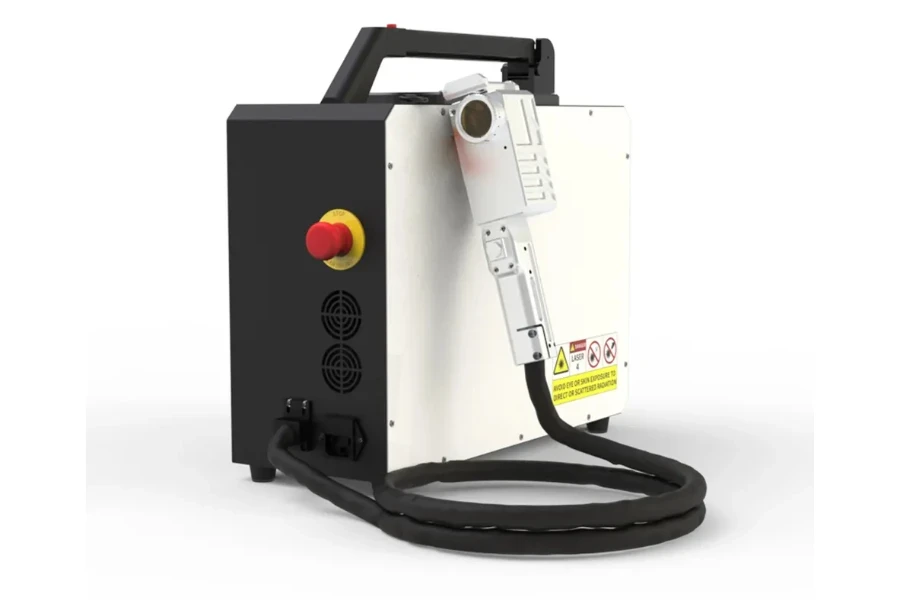
The paint remover machines market has experienced remarkable growth due to the increasing demand for efficient and environmentally friendly paint removal solutions. According to Allied Market Research, the paint remover market was worth US$ 1.0 billion in 2022, and it is projected to reach US$ 1.5 billion by 2032, with a compound annual growth rate (CAGR) of 4.6% from 2022 to 2032.
The construction, automotive, and furniture restoration sectors are among the key drivers of the market’s expansion. Additionally, the DIY segment has contributed to the surge in demand as homeowners and hobbyists seek user-friendly solutions for their paint removal needs.
Regions with high demand for these machines include North America, Europe, and Asia-Pacific, where strict environmental regulations and the need for cost-effective, time-saving tools have fueled their popularity.
Types of paint remover machines
1. Solvent-based paint remover
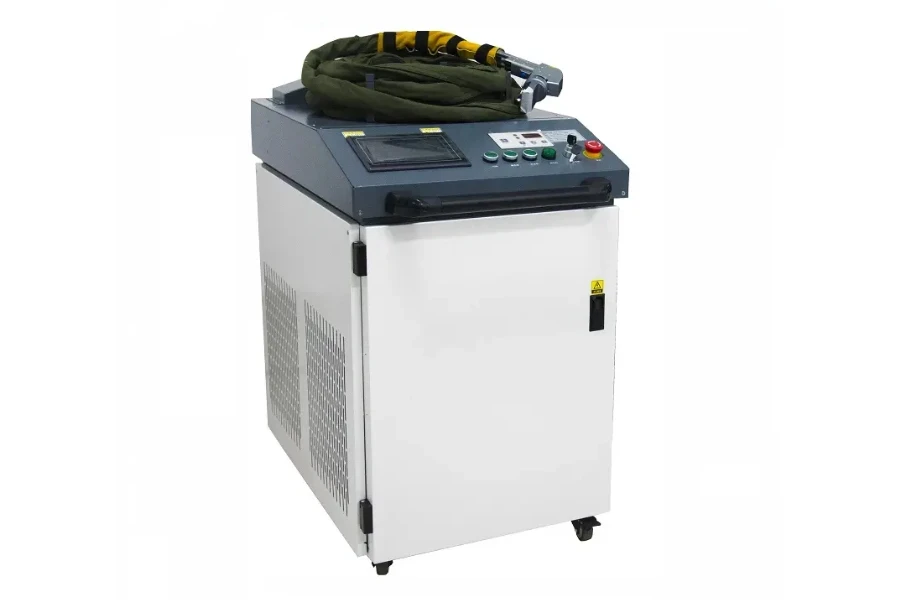
These machines utilize chemical solvents to dissolve and lift paint from various surfaces. They are particularly effective in removing different paint and coatings, making them versatile for various applications. Solvent-based paint removers are commonly used in industrial settings, construction projects, and professional paint removal tasks.
They offer efficient results and are well-suited for large-scale projects where time is of the essence. However, users should handle these machines carefully and follow safety guidelines due to the potential health risks associated with chemical exposure.
2. Manual paint remover
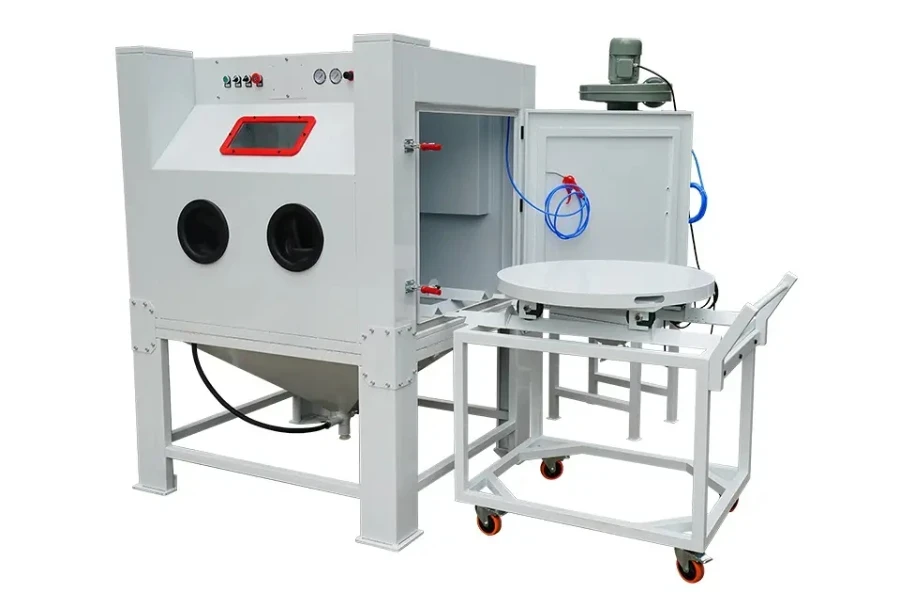
Manual paint removers come in various forms, including handheld sanders, scrapers, and wire brushes. They are ideal for smaller projects or intricate areas where precision is crucial. Manual paint remover machines are popular among DIY enthusiasts and hobbyists due to their ease of use and affordability. However, they might be more time-consuming than other paint removers, especially for larger surfaces.
3. Caustic-based paint remover
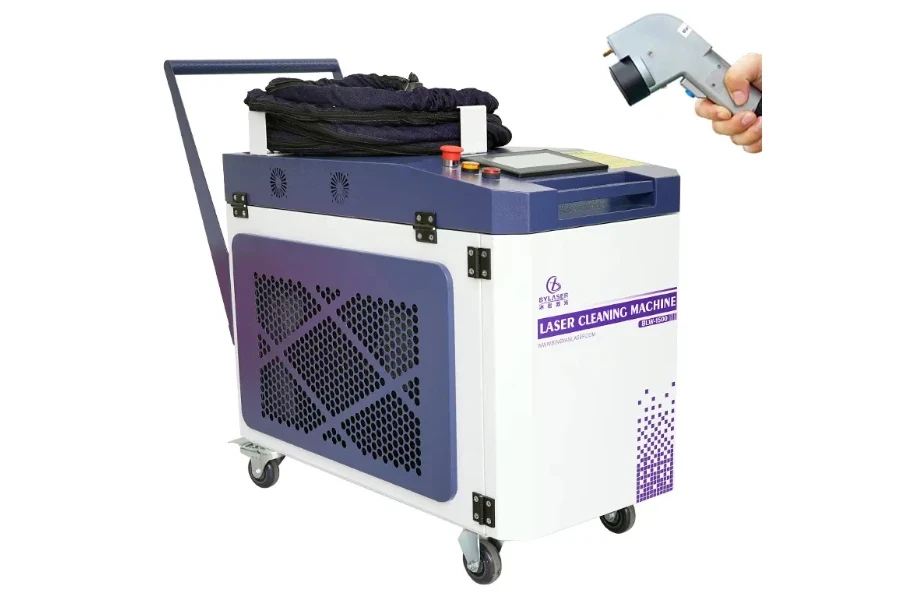
Caustic-based paint removers use alkaline or caustic chemicals to break down paint adhesion, facilitating removal. These machines are commonly used for heavy-duty paint-stripping tasks, such as removing thick layers of paint or stubborn coatings.
Caustic-based paint removers are highly effective but require cautious handling and protective gear due to the potentially hazardous nature of the chemicals involved. They are best suited for industrial and professional settings, where safety protocols can be strictly followed.
Essential factors to consider when buying paint remover machines
1. Portability
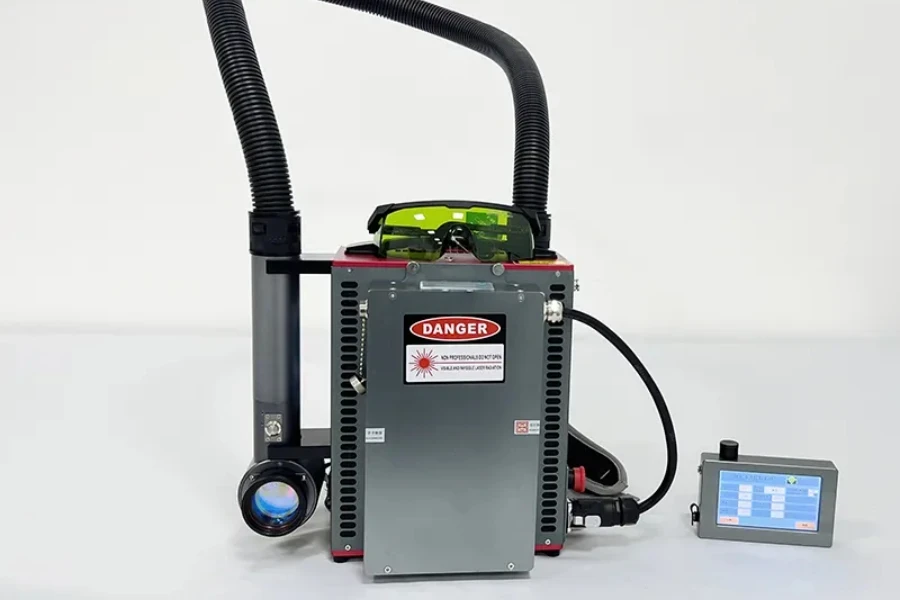
Note the weight and dimensions of the paint remover machine, particularly if it moves frequently or works in cramped spaces. A portable machine will significantly enhance convenience and maneuverability during paint removal tasks. Whether it must be transported to different job sites or navigate through tight corners and edges, a lighter and more compact paint remover machine will make the entire process smoother and less burdensome.
2. Price
Assess your budget and compare prices across various models available. Paint remover machines come in a wide price range, with basic handheld manual models from around US$ 50 to US$ 200. Mid-range machines, such as solvent-based or caustic-based models, can cost anywhere from US$ 200 to US$ 500. For high-end professional-grade machines with advanced features and greater capacity, the prices range from US$ 500 to over US$ 1000.
While finding a machine that fits your budget is important, ensure it doesn’t compromise on the essential features and capabilities needed for efficient paint removal. A well-balanced investment will lead to a paint remover machine that meets your budgetary constraints and delivers the performance and results desired for paint removal projects.
3. Durability
Prioritize durability by seeking models built with robust and sturdy materials. The demanding nature of paint removal tasks can strain the machine, so opting for one that can withstand wear and tear is the real deal. A durable paint remover machine can save users from the hassle of frequent repairs or replacements, potentially extending its lifespan to around 5 to 10 years or more with proper maintenance.
4. Capacity
Paint removal machines should handle the volume of work intended, ensuring smooth and effective paint removal. The capacity of paint removal machines can vary significantly. Handheld manual machines may be suitable for smaller projects and offer lower power, usually around 500 to 800 watts.
Mid-range machines like solvent-based or caustic-based ones often have more power, ranging from 1000 to 1500 watts, making them ideal for medium to more significant tasks. Professional-grade machines with advanced features can go even higher, with power capacities of 2000 watts or more, making them suitable for heavy-duty and industrial applications.
5. Speed
You need to check the speed of paint remover machines regarding how quickly they can strip paint. Faster machines can be a boon for larger projects, boasting speeds ranging from 500 to 1500 square feet per hour. These higher speeds can help tackle extensive surfaces in less time.
On the other hand, slower-speed machines, typically ranging from 200 to 500 square feet per hour, offer better control, making them well-suited for delicate surfaces or projects where precision is paramount.
6. Compatibility
Not all machines are equally effective on every paint formulation or surface material. Some machines may excel at removing specific types of paint, while others might struggle or require additional effort.
For instance, solvent-based paint remover machines may be more suitable for oil-based paints, while caustic-based machines might work better on water-based paints. The surface material, such as wood, metal, or concrete, can influence the machine’s performance. Some machines might be more adept at handling specific surfaces, ensuring smoother and more efficient paint removal.
Final thoughts
Selecting the ideal paint remover machine is essential for efficient and effective paint removal, considering factors like portability, price, durability, capacity, speed, efficiency, and compatibility. For a diverse selection of paint remover machines, visit Chovm.com, where you can explore a vast marketplace with reputable suppliers offering various options to suit your specific needs.
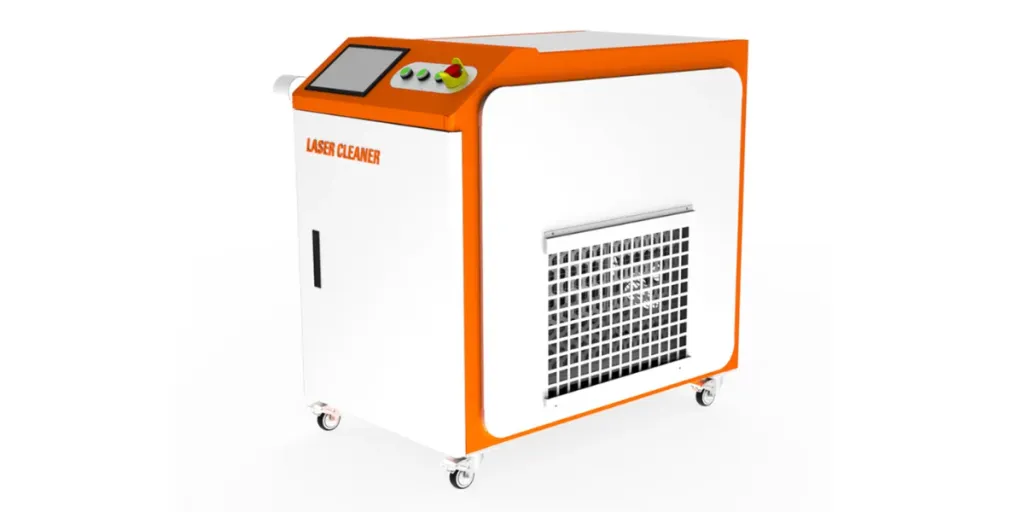
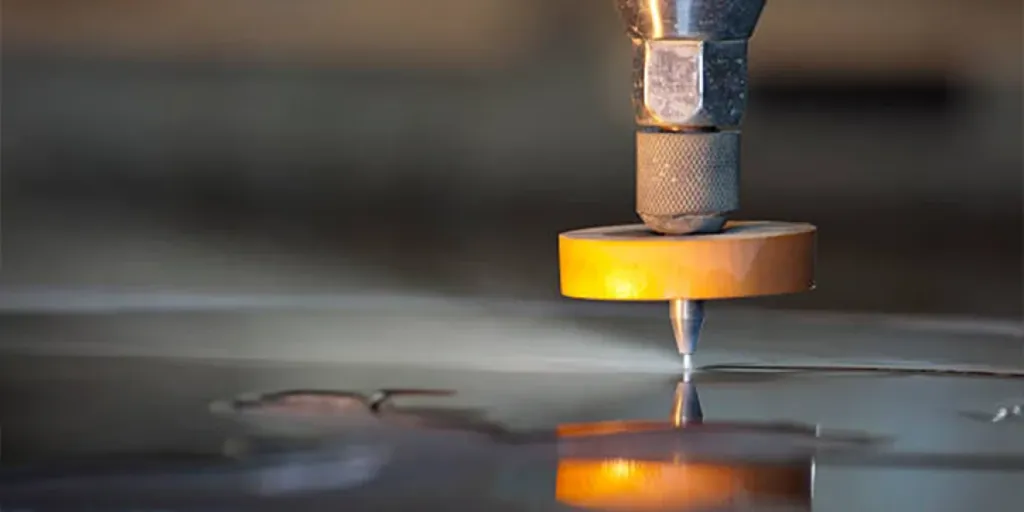
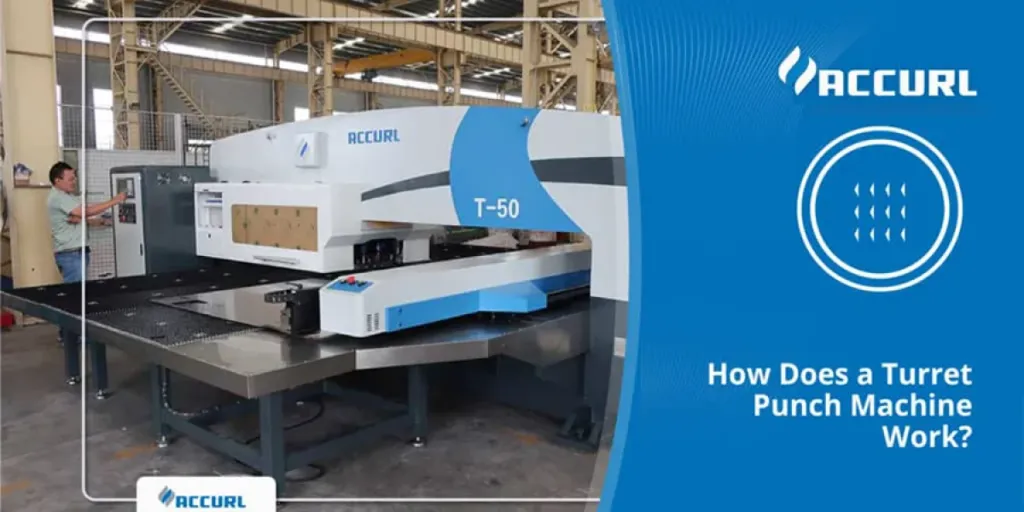
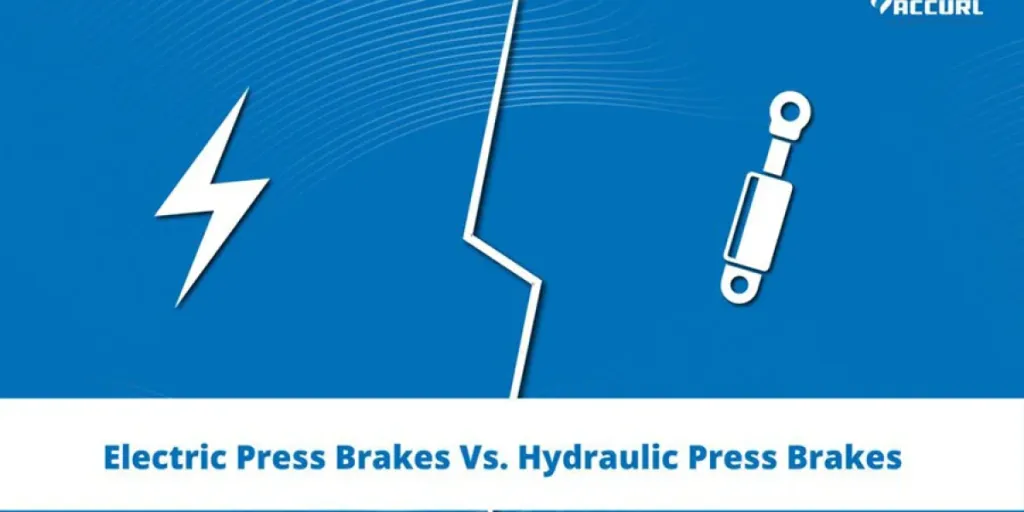
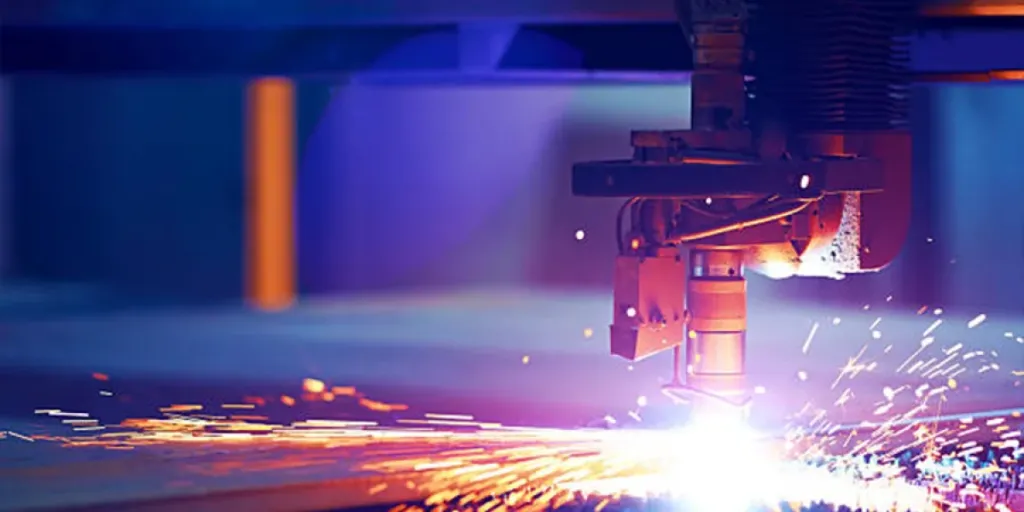
 বাংলা
বাংলা Nederlands
Nederlands English
English Français
Français Deutsch
Deutsch हिन्दी
हिन्दी Bahasa Indonesia
Bahasa Indonesia Italiano
Italiano 日本語
日本語 한국어
한국어 Bahasa Melayu
Bahasa Melayu മലയാളം
മലയാളം پښتو
پښتو فارسی
فارسی Polski
Polski Português
Português Русский
Русский Español
Español Kiswahili
Kiswahili ไทย
ไทย Türkçe
Türkçe اردو
اردو Tiếng Việt
Tiếng Việt isiXhosa
isiXhosa Zulu
Zulu